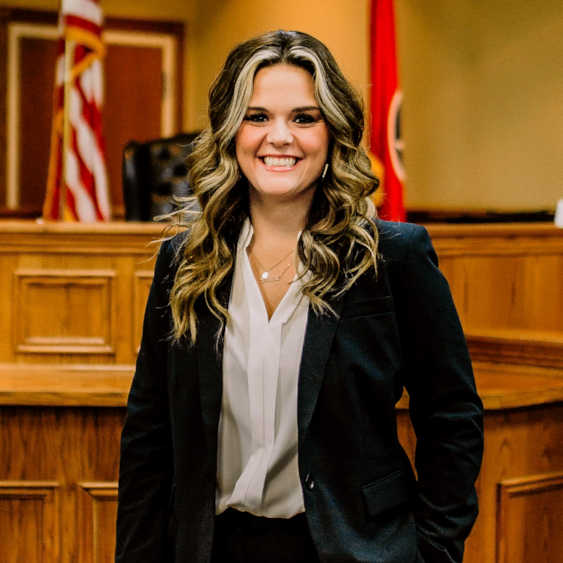
Understanding Probate: A Guide to Settling an Estate
Dealing with a loved one’s passing can be emotionally challenging, and legal matters, including the probate process, further complicate it. Probate is the legal process through which a deceased person’s assets are distributed, and their affairs are settled. Below is a comprehensive overview of probate, shedding light on its purpose, key steps involved, and what to expect.
Understanding Probate:
Probate serves multiple purposes, including validating the deceased’s Last Will and Testament, and ensuring the payment of debts and taxes. As well as, ultimately, distributing assets to beneficiaries. While the specifics may vary based on jurisdiction, several common steps typically characterize the probate process:
1. Filing the Petition: The process usually begins by filing a petition with the appropriate court to initiate probate. This may require submitting the deceased person’s will (if one exists). If one does not exist, then we will inform the court, and the assets of the estate will pass per Tennessee law. Unfortunately, this may not have been the decedent’s wishes. However, without a Will, this is the only option.
2. Appointing an Executor or Personal Representative: The court appoints an Executor or Personal Representative responsible for overseeing the probate process. This may include identifying and collecting assets, paying debts and taxes, and distributing the remaining estate.
3. Identifying Assets and Debts: The Executor must locate and inventory the deceased person’s assets, such as property, investments, bank accounts, and personal belongings. Simultaneously, creditors must be notified, and outstanding debts should be settled.
4. Payment of Debts and Taxes: Before distributing assets to beneficiaries, the Executor must ensure all valid debts, taxes, and administrative expenses are paid using estate funds.
5. Asset Distribution: Once debts and taxes are settled, the remaining assets are distributed to beneficiaries. This will be done as specified in the deceased person’s will. If there is no will, state law governs the distribution.
Probate is a Legal Process
Probate will settle a deceased person’s affairs, ensure the proper distribution of assets, and settle debts. While the process may seem complex, seeking guidance from an experienced probate attorney can provide invaluable support. Understanding probate and its key steps will help you or a loved one navigate this process more confidently during a challenging time. By ensuring compliance with legal requirements, probate allows for the orderly transfer of assets. And it provides a sense of closure for families and beneficiaries involved.
If you want to avoid Court and the probate process, consider a Trust rather than a Will. Many people believe a Will avoids probate, but that is not correct. A Last Will & Testament will specify your beneficiaries, your children’s guardians, and how you want your divided. The purpose will be for your loved ones to handle your affairs as you specify.
A Trust does all of the above, and it helps you avoid Court and the probate process.
Contact Kane & Crowell PLLC at (615) 784-4800 to learn more about the probate process or Wills and Trusts.
Kayla Costley Attorney, Last Will and Testament, Probate
